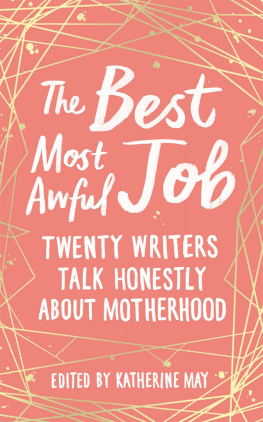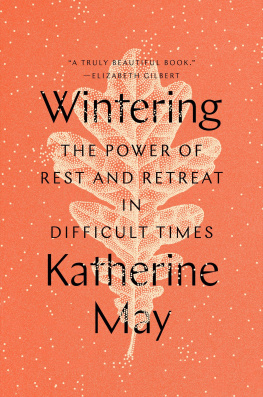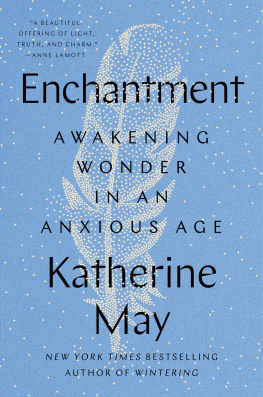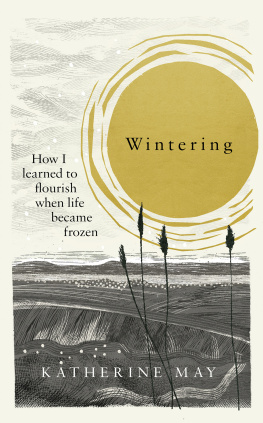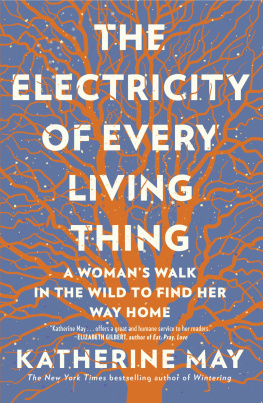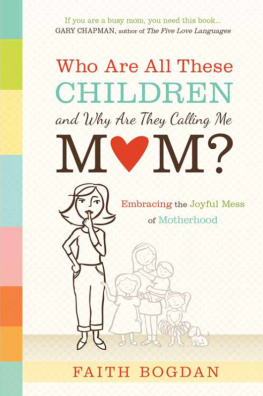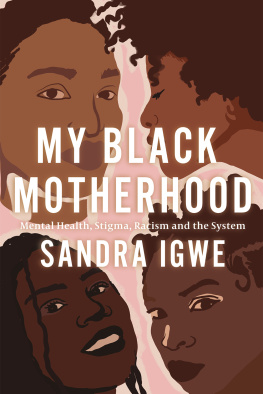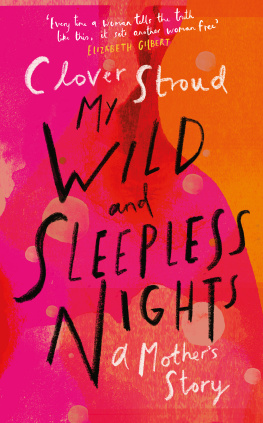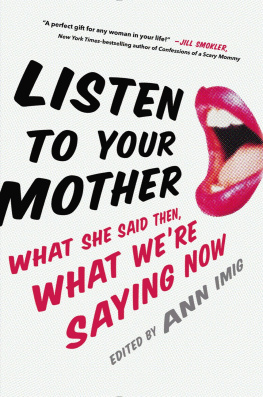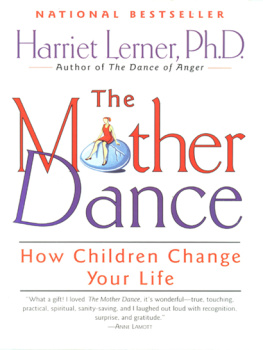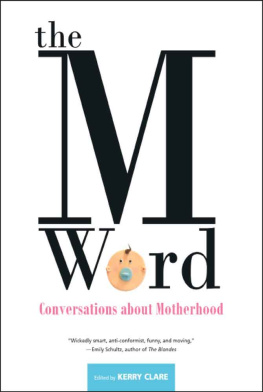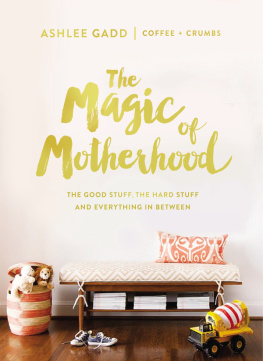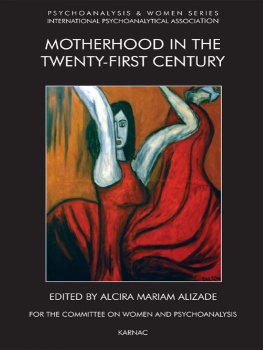Contents
Guide
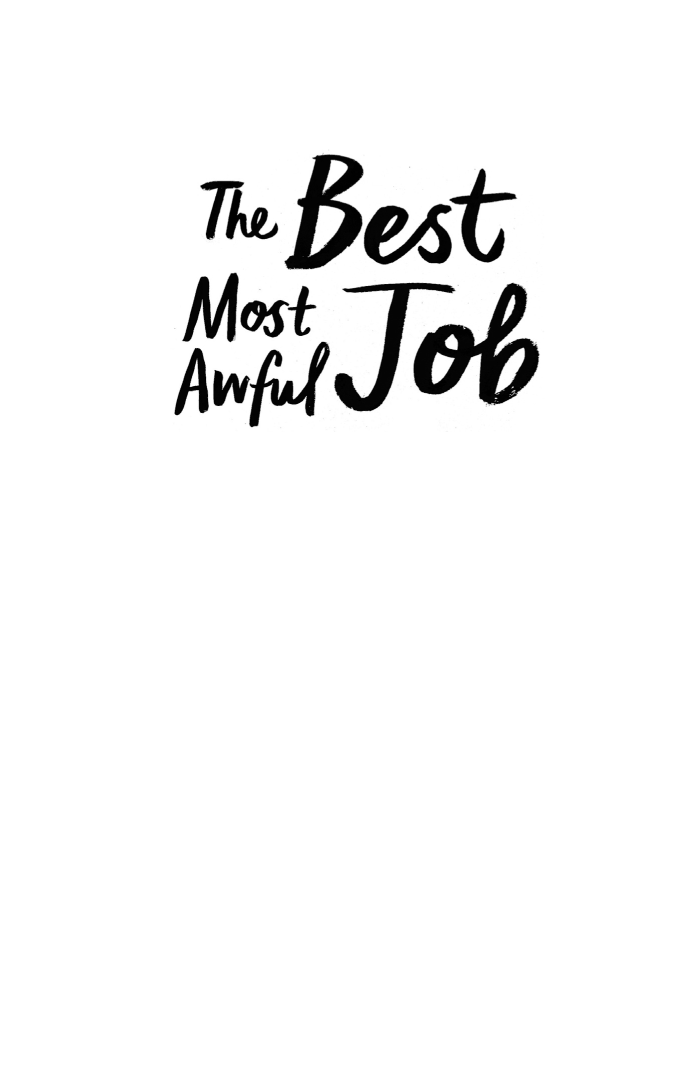
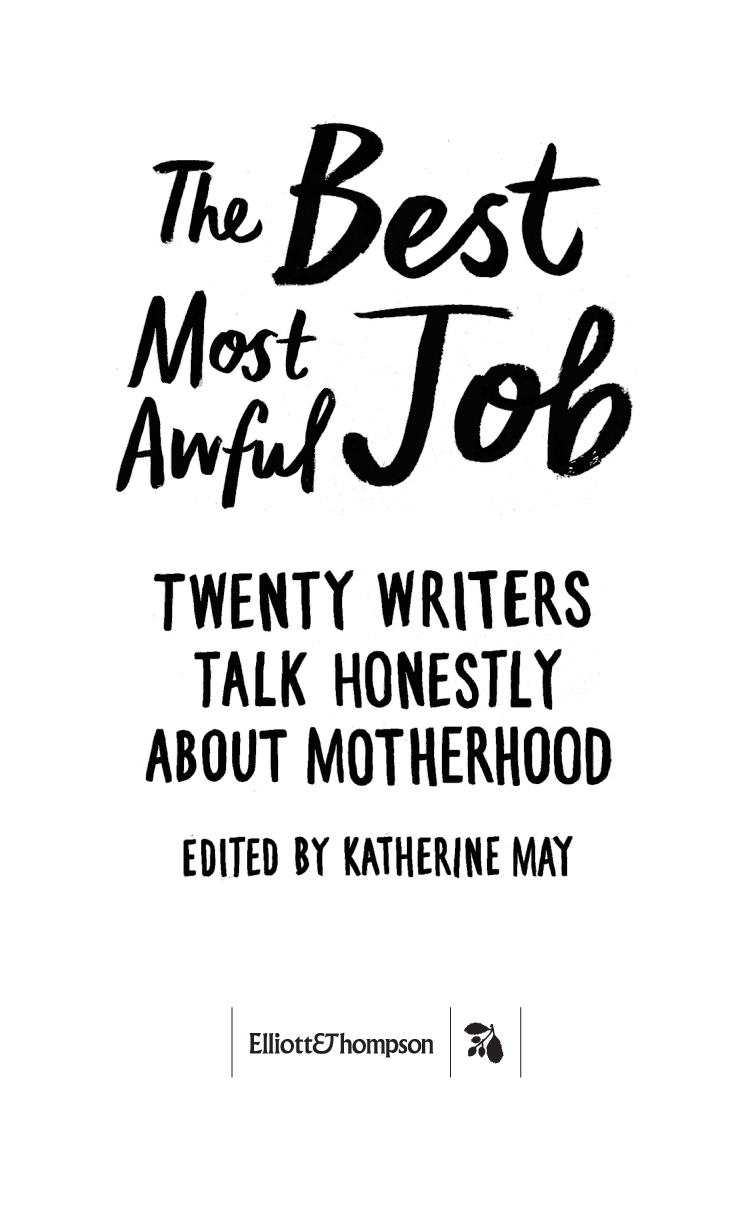
CONTENTS
INTRODUCTION
Katherine May
I used to think I had some kind of problem with the word mum.
It started in pregnancy with the phrase mum-tobe: the sense of dislocation whenever I heard it. It was so righteous, so compact and smug, so certain. Mum: a fragment of baby talk pasted onto an adult woman, a self-contained palindrome. The brooding hen tapping her bump, a mug of tea (decaf) in hand. I was already sick of her, looming on the cover of every book and pamphlet, the clean, smiling woman, self-satisfied. Her belly was like a balloon. It had always looked so light before I had one of my own, but now I knew how heavy it was, how laden.
That was before people started calling me mum. Years before my son could even approach the word, other adults borrowed it as if it were their own: Pop onto the couch, Mum, they would say. And hows Mum today? There were a million facetious answers to a question like that, though I knew better than to give them. I broke, finally, during an appointment for his first vaccinations, when I was too nervous to contain myself. Im not your mother, I snapped, and instantly felt guilty. But it was painful, this loss of my name at the exact moment that I felt Id lost everything else.
I knew that I should be vigilant about postnatal depression, but I wasnt expecting it to arrive in the first trimester. It was the otherworldly shock of it, I think: I had been assured that I couldnt conceive. I turned up pregnant at my first IVF appointment, which the nurse told me was not uncommon. This was certainly a wanted baby, but I just didnt expect him to come so soon. I was bleeding, too, for the first eight weeks, and so I was going in for weekly scans: just a pulsing blob at first, which in time morphed into a gummy bear, and then, gradually, into the cartoon-headed baby that I recognised from other peoples scans. I had miscarried two embryos bigger than this, and I was grateful that had happened before Id seen what I now saw on the grainy screen. It was nothing, nothing at all, but also everything. And I knew that I was supposed to carry on and be brave and capable, but I was not brave and capable. I could eat only white foods (my husband once handed me a bowl of cornflakes and I wailed, Too floaty! Too yellow!), and every time I sat down, I woke up an hour later, still upright.
Trying to be brave and capable one day, I travelled into London on the train and ended up locked in the toilets of Tate Britain, sobbing, and being urged to come out by the cleaner. She took me to the cafe and gave me a glass of water. I felt as if Id been hit by a brick: everything was black and terrifying. It was all I could do to catch the train home again and get into bed, cursing my own weakness, my ingratitude.
This set the tone for my pregnancy, and my first years of motherhood: I was desolate without understanding why. One night, when my son was three months old, I confessed on Twitter that I was depressed, and was struck by the uncanny silence. What I was feeling was unspeakable. Nobody wanted to hear it. One woman direct-messaged me to say that I should get help immediately, because I would no doubt be affecting my childs emotional development. It was coruscating: the immediate assumption was that my love was lacking, not my happiness. Not for the first time in my life, I felt like a different species entirely.
It was another four years before I got an autism diagnosis, but that is a story Ive told elsewhere. What I want to say now is that I became a tiny bit more comfortable with that word, mum, when I could understand why I was struggling. And I grew to like it a little more when I was editing the essays in this collection. Because in reality, mum has only rarely been the bland, smiling white woman with the helium bump. The true, dirty business of motherhood is a constellation of experiences. That is the only universal: everybody finds their own way through.
When we were commissioning the essays in this collection, we asked contributors to write as though it was a given that their mothering was good enough. Write about the things youd tell your friends, we said. You dont need to qualify what you say. You dont need to apologise.
That doesnt sound particularly radical until you remember how much of our parenting is hidden behind the front door. We put the certificates and the rapturous holiday photos on Facebook, and keep the dark moments of doubt to ourselves. We hide the conflicts with our partners that Sharmila Chauhan reveals so recognisably, and we tamp down the simmering maternal rage that Saima Mir identifies (a phrase I will now use forever). And its no wonder we do: after all we live in a culture that actively judges our parenting, from acid comments about the children of celebrities to the tuts and glares that come when a child is too exuberant in a public space. Hollie McNish captures this with great fire in her essay, pointing to the many shocking ways in which life isnt designed with mothers in mind.
Many of our authors find themselves on the edges of that identity, anyway. As an adoptive mother, Michelle Adams shares her fear that she might not be the parent her daughter wants, while Jenny Parrott recounts her life as that most maligned beast, the stepmother. Susana Moreira Marques muses on her reconstituted family, and Emily Morris explores the feeling that, as a single mother, she is not quite enough of a family for her son. Peggy Riley pulls back the hospital sheets to show us the life of a mother who never carried a baby to term, Javaria Akbar grapples with an unplanned pregnancy, and Jodi Bartle explains why she cant stop having babies. The closer you look at motherhood, the more unstable it appears as a category.
These multiple versions of motherhood have always been there, if a little hidden beneath the persistent image of that jolly, inflatable woman. But perhaps contemporary motherhood comes with an extra set of dilemmas and anxieties, conjured into being by our fear of doing it all wrong, and the judgement that may follow. Charlene Allcott considers how to fall in love again when your first love will always be your children, and Dani McClain makes a passionate case for seeing the bigger picture when writing for and about black women who parent alone. MiMi Aye ruminates on the heartbreak of raising children in an age of rising racial tension, and Huma Qureshi wonders whether she should do more to help her sons feel connected to her Pakistani heritage. Meanwhile, Josie George meditates on life as a disabled mother whose own physical constraints cant help but affect her sons freedoms, and Joanne Limburg tells us what shes learned as the autistic mother of a neurotypical teenager. Michelle Tea delves into her internal debates as the queer mother of a son who seems determinedly cis-gendered, and we walk alongside Tiphanie Yanique as she reflects on the meanings of marriage and mortality when children are dependent on you.
If this book is full of questions, then there are also some hints at answers. Carolina Alvarado Molk found her way back to herself through reading about other womens experiences of motherhood, while Leah Hazard makes an impassioned case for knowing our bodies as well as midwives do. But another answer also emerges, loud and clear, from between the lines: we need to talk about all the different ways of being a mother. Even when we dont relate, we can listen. Sometimes theres strength in knowing that theres more than one way to get by. Sometimes we see a version of ourselves in lives that might otherwise feel alien to us. Either way, we learn that complexity is something to be celebrated.

